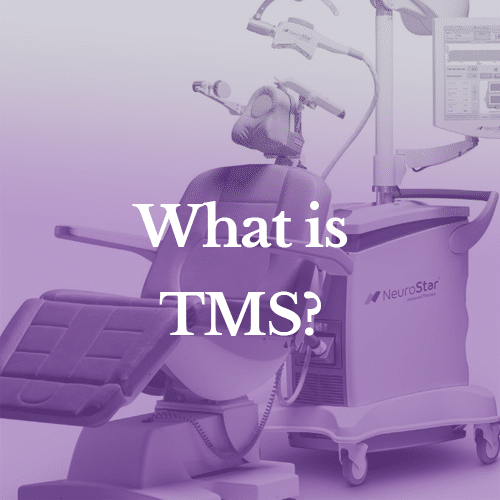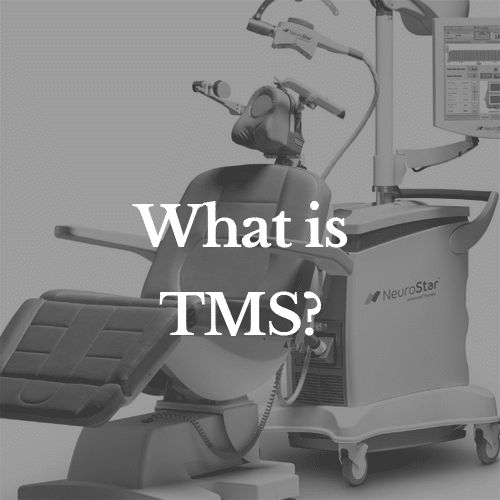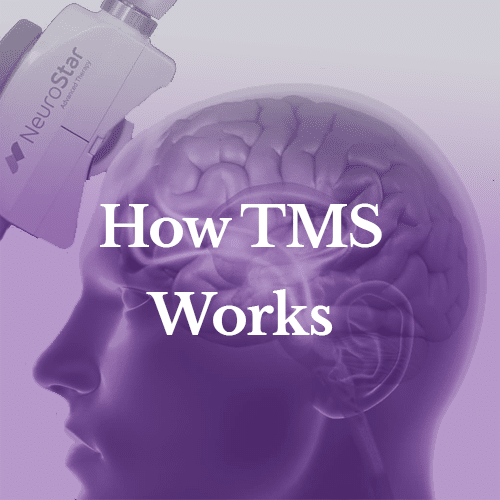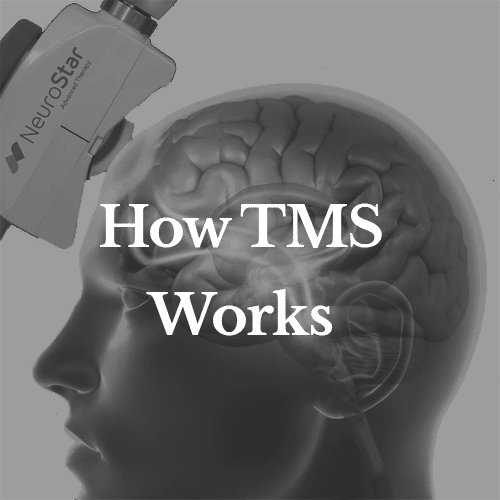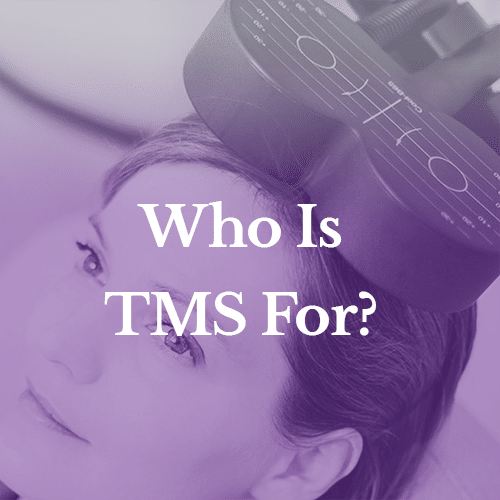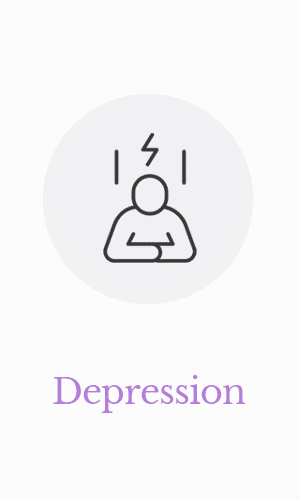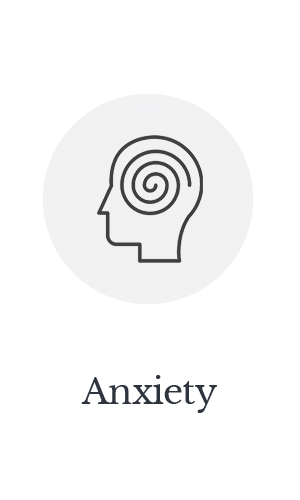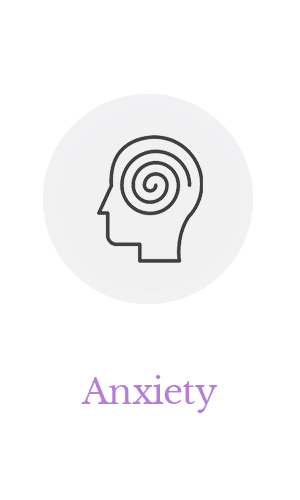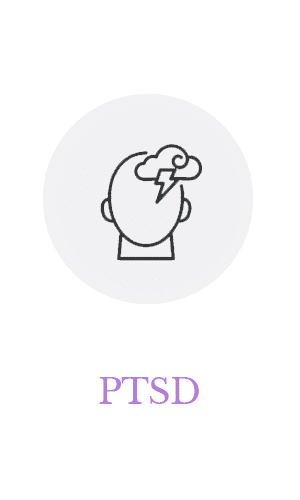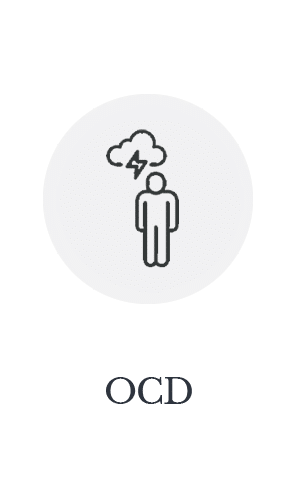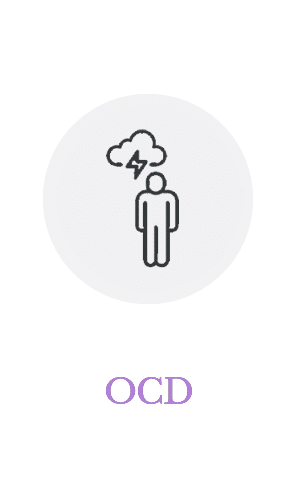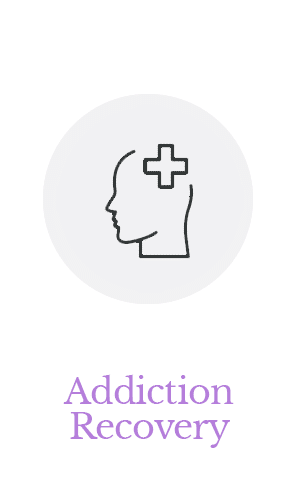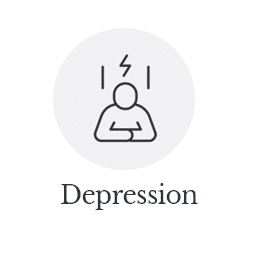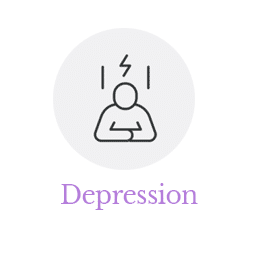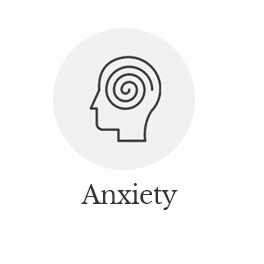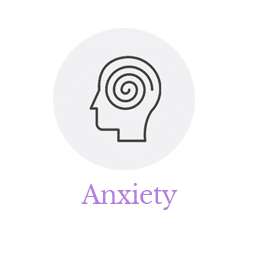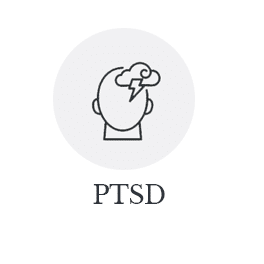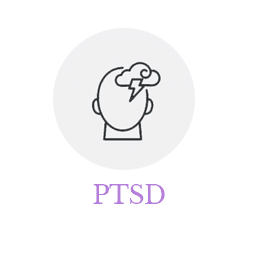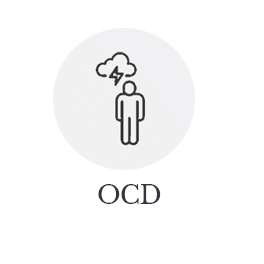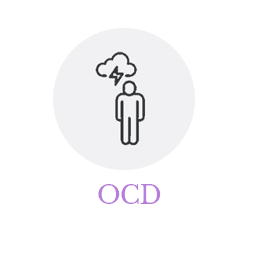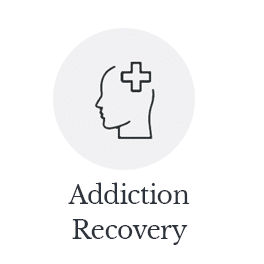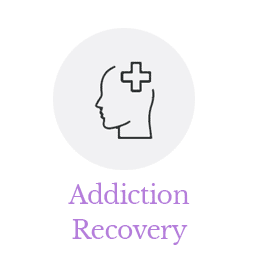Teens today face mental health challenges that didn’t exist when their parents were teens. As a result, it can be more difficult as a parent to spot behavior that indicates your teen is struggling. Depression often goes undiagnosed or perhaps mistaken for “normal teenage drama”.
If you are concerned about your teenager, there are some common danger signs in teen behavior that could indicate possible mental health disorders. If your teen is exhibiting one or more of these warning signs, it might be a good idea to have them evaluated for depression, anxiety, or other mental health issues by a board-certified psychiatrist, like Dr. Sandra Cox.
A psychiatrist can help both parent and teen understand the problematic behavior. Working together with you, a psychiatrist will create a care plan to address underlying issues, such as depression.
Warning Signs of Teenage Depression
Constant Fatigue
If your teen is sleeping more or less than usual, it could be a warning sign. Irregular sleep patterns can indicate possible mental health disorders. You should get your teen screened for depression if you notice signs such as:
- Unusual moodiness and irritability
- Inability to get out of bed in the morning
- Falling asleep during the day (teachers might reach out with this information)
- Trouble concentrating
- Dropping grades
- Sleeping much of the time or sleeping in very late on weekends
- Hyperactivity
- Nervousness
- Aggression
Poor Academic Performance
Paying attention to your teen’s grades and spotting signs of slipping academic achievements early can help identify possible anxiety or depression impacting their performance. While dropping grades do not always indicate depression, it is certainly a possibility. Another possible cause of a change in grades could be social difficulty, including bullying, or substance abuse issues.
No Longer Interested in Favorite Activities or Hobbies
A lack of interest in the things they once loved, such as sports, art, playing an instrument, or hanging out with friends, could indicate that your teen is unable to find joy or engage in life as they once did. Losing interest in activities they previously enjoyed is a key indicator of depression and should be evaluated by a psychiatrist.
Lack of Grooming
While grooming and hygiene can sometimes be a struggle for teenagers, a sudden change in grooming habits, such as taking fewer showers, not changing their clothes, or not practicing personal hygiene could stem from depression. When someone is experiencing depression, even normal everyday activities seem harder – almost unachievable – and grooming habits are sometimes the first to go. A change in grooming habits can be one of the earliest warning signs of teenage depression.
Drug and Alcohol Use
Drug and alcohol use can be harder to detect since teenagers will hide symptoms as much as possible to prevent discovery. Signs include some of the behavior changes listed here for depression, as well as signs such as:
- Bloodshot or watery eyes
- Poor grooming
- Smell of smoke or alcohol on breath or clothes
- Lack of focus
- Poor grades
- Secretive behavior
- Not allowing you in their room or to do their laundry
- Possible hangovers
Extreme Moodiness & Irritability
Although teens tend to be moody, if the mood swings seem more volatile and change in an instant, it could indicate a struggling teen dealing with a mental health condition. In this case, you will notice the following in their mood swings:
- More intense and severe moods that lead to social, home or school issues
- Their moods last much longer than usual, with distinctly noticeable ups and downs
- Their moods occur everywhere, not just at home
- Clear signs of anger and aggression, including being unusually disrespectful, constantly misunderstanding what you say to them, overly defensive, comments of self-loathing, etc.
- An unusually rebellious teen
- Paranoia
- Constant worry and anxiety over everything
Changes in Eating Habits and Weight
Weight obsession is related to poor body image, which can become apparent if they:
- Have an extreme change in their eating habits
- Display rapid weight loss or gain
- Seem obsessed with a certain diet or type of food
These are common signs of eating disorders that put your child’s mental and physical health at risk.
Social Withdrawal
Self-isolation and being more withdrawn can be signs of struggling to cope with obsessive social media use or depression. If your teen spends less time out with friends and more time alone in their room, they might be withdrawing due to feeling depressed, isolated, or having low self-esteem.
Changes in Self-Esteem and Feelings of Hopelessness
Low teen self-esteem is the most common indicator of depression, PTSD, anxiety, substance abuse, and eating disorders. Teens might also express ongoing feelings that everything is hopeless. These comments must be addressed right away, as a loss of hope could indicate they are considering self-harm or suicide.
Signs of Self-Harm
Self-harm is a coping mechanism for depression and anxiety. Signs may be hard to detect since teenagers will naturally try to hide evidence of their behavior. Some signs to watch out for are:
- Unexplained wounds
- Always wearing long sleeves or long pants despite the weather to cover up wounds
- Blood stains on their belongings, such as bedding, clothes, towels
- Bloody tissues in the bathroom, their bedroom, their clothes pockets, etc.
- Having sharp objects in their possession
- Getting angry if you enter a room without knocking
How to Help a Depressed Teenager
While the above symptoms may be indicators of depression, only a doctor can accurately diagnose depression. The best first step to take is to have your child evaluated for depression. A primary care doctor or mental health specialist can diagnose depression. Mental health specialists, such as a psychiatrist, have more experience with mental health disorders and may provide a more complete and accurate diagnosis.
Working together with you and your child, a psychiatrist will develop a care plan to treat depression. The care plan may include taking antidepressant medication, participating in therapy, getting adequate exercise, journaling, or other activities to improve mental health.
Depending on the severity level of depression, a psychiatrist may also recommend transcranial magnetic stimulation – an interventional psychiatry procedure available at advanced psychiatry practices.
TMS for Depression in Teenagers
TMS is an FDA-approved depression treatment with an excellent track record at treating depression effectively. It has been approved for use in the U.S. for more than 15 years but until recently was only available for patients 18 and older. However, in March 2024, TMS received FDA approval for treatment in adolescents ages 15 and older.
TMS is an advanced depression therapy that uses a stimulus/response mechanism in the brain to produce a long-lasting antidepressant effect without medication. Many patients prefer TMS over antidepressants because it is not a pharmaceutical approach.
Now that TMS is approved for teenagers ages 15 and older, many teens and their parents are considering TMS for treating their teenage son or daughter. If you are wondering if TMS may be right for you or your child, Inland Empire TMS in Murrieta, California can help you with your decision.
Depression Treatment in Murrieta, California
Inland Empire TMS has extensive experience in treating patients with TMS. As the premier TMS clinic in the Inland Empire area and Riverside County, Inland Empire TMS is the clinic of choice for patients looking to treat depression with TMS therapy.
Contact Inland Empire TMS today to get help for your teenager.

